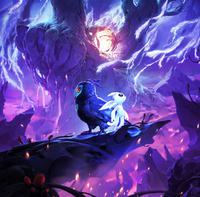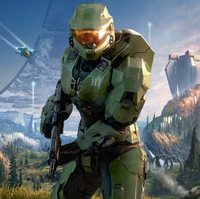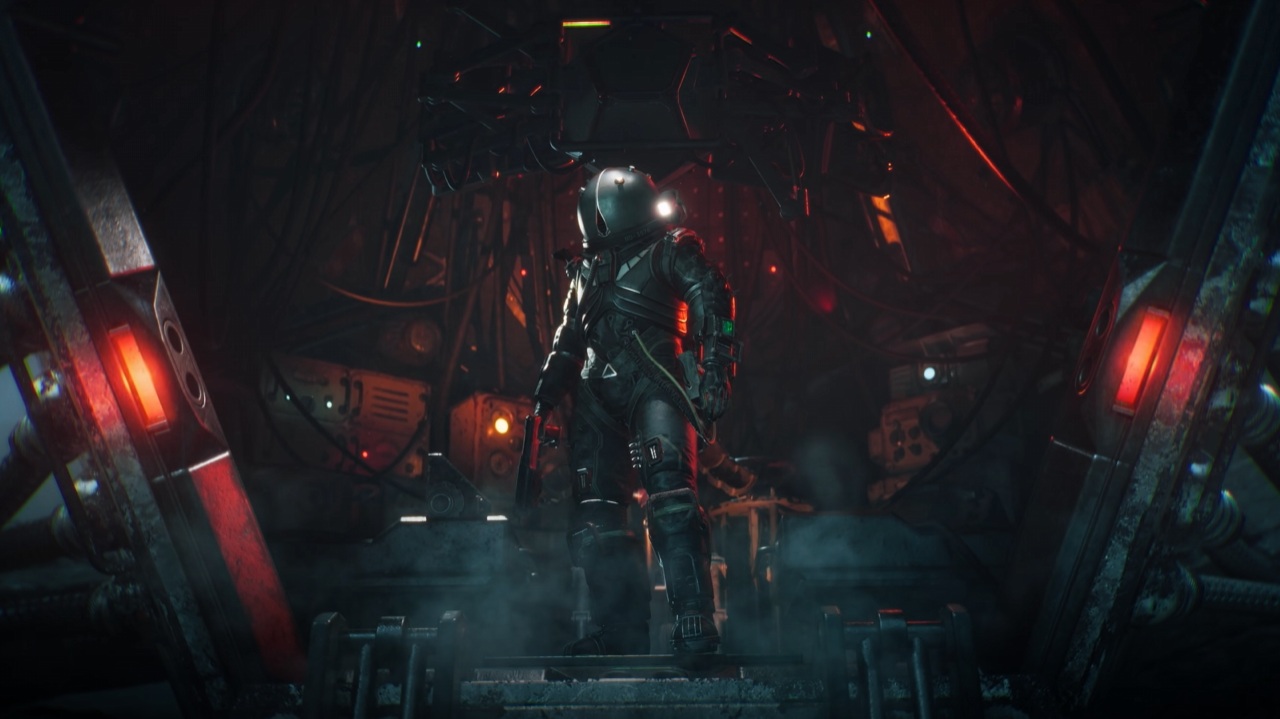What makes for great game music? Inside Ori, Halo Infinite development with Gareth Coker
Music isn't just a backdrop of noise, it's part of a story being told.
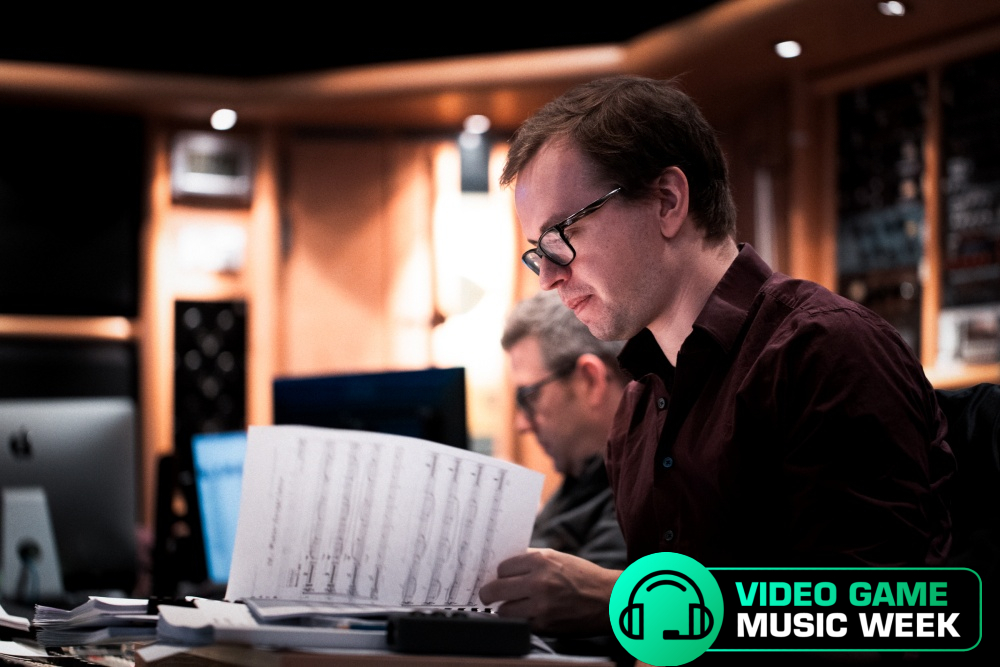
We're celebrating video game music this week at Windows Central and iMore, from the tracks to the composers that created them. For more music appreciation, click here.
Creating stories for video games is a combined effort. It requires a script, narrative design, and more in order to come together properly. An equally-crucial component of a strong story is the music, which helps set the tone, create the right atmosphere, and punctuate emotional moments.
One composer who understands the role of music in a story is Gareth Coker, best known as the composer behind Ori and the Blind Forest and its sequel, Ori and the Will of the Wisps. He's also worked on multiple other games, including being one of three composers that contributed to Halo Infinite.
As somebody who's composed music for some big titles — both independently and as part of a larger sound team — he has a lot of experience making sure everything sounds just right. What he found works best is making sure the composer has time with the game and is included heavily in the development process.
"I'm a composer and a game developer," he says matter-of-factly. "If you ask the top composers for film, they'd also consider themselves filmmakers. I think the best composers for film and games, they have an understanding of all the other aspects that go into making a film, or making a game."
"I personally believe that moving into the future of game development, if you really want to have successful music in your game, especially on these narrative games, you're going to need to have a composer that really is willing to spend a lot of time with the game," he says.
The interview contains light spoilers for Halo Infinite, Ori and the Blind Forest, and Ori and the Will of the Wisps.
Get the Windows Central Newsletter
All the latest news, reviews, and guides for Windows and Xbox diehards.
Building the foundation
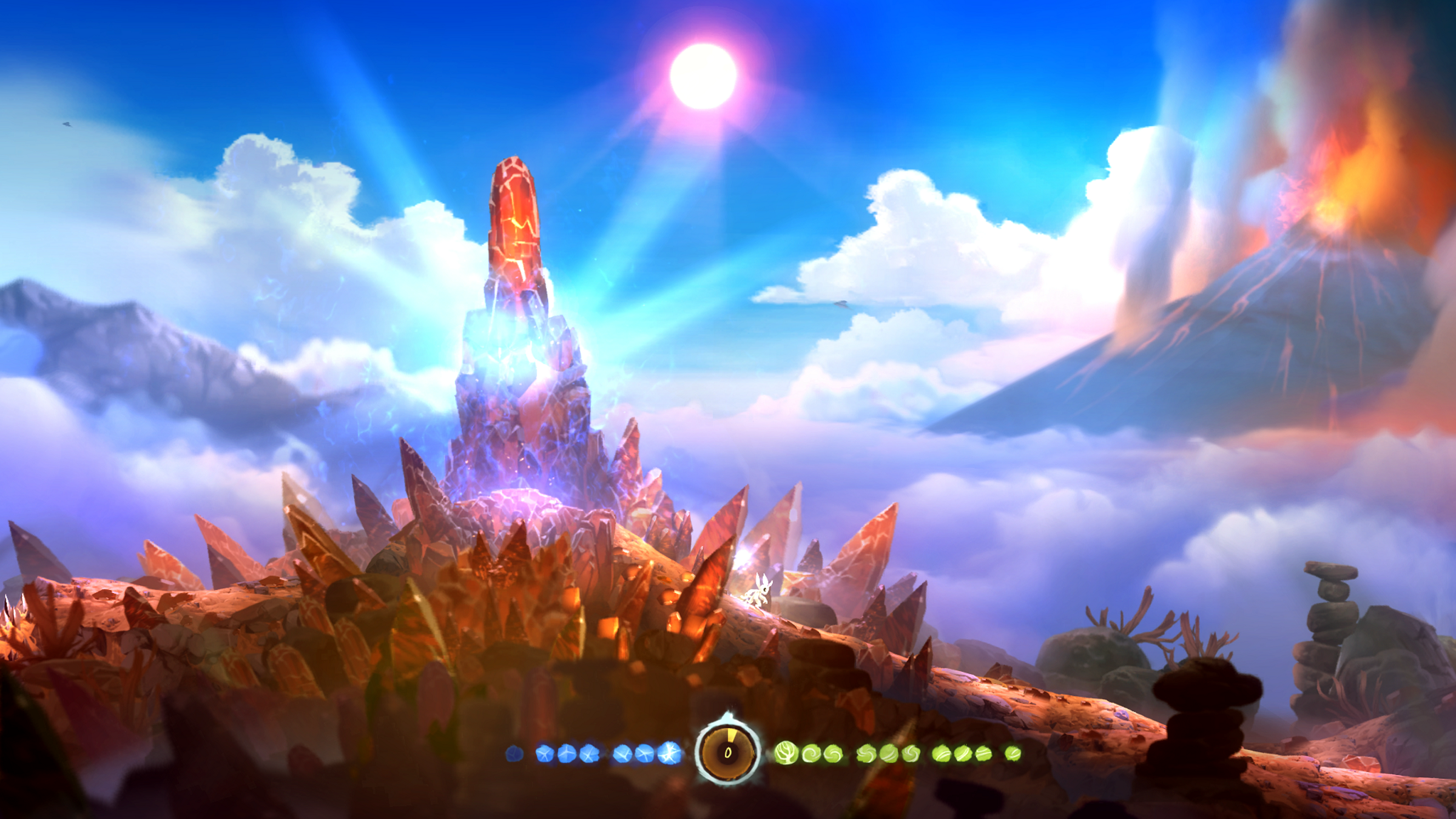
Take, for example, Coker's first experience working on a game with an extensive narrative. Ori and the Blind Forest is an emotional experience, but it's made all the more challenging by how there's no spoken dialogue, save for a handful of moments with subtitles. In order to understand exactly how to compose for the different characters and setpiece moments, he had to live with the game.
"Understanding Ori's motivations, understanding how Ori moved through the environment, understanding what Ori is doing in each environment, allowed me to write better music for the game," Coker says. "I would really be able to get inside the player's head and what I thought would be the best emotion or feeling for the player to experience in that moment."
While in many games the music often has to take a backseat due to the dialogue, Ori's wordless narrative allowed Coker to be far less restricted than on other work. He was able to experiment and make sure the music came to the forefront when needed while avoiding "Mickey Mousing" — that is, imitating everything the player is doing. Every area has its own melody that's designed to be an "ambient bed," a theme that's always there, even if it's subdued.
This process repeated for Ori and the Will of the Wisps, though it was more involved at every level since it was a larger game. Here, the focus was more on melody. Will of the Wisps has more characters, from the unnerving spider Mora to the wise frog Kwolok, so it, therefore, needed more themes. By using this increased variety, Coker was able to weave together music that nudged the player into a better understanding of the story. Coker even notes that outside of the game's menu, Ori's theme only plays at the very end of the prologue. Instead, the music's focus stays on the young owl, Ku.
All of this tied back into the game's ending. Instead of using completely new music, Coker realized it made sense just to pull in the existing character themes as the story drew to a close.
"I just have to use the right melodies that I've spent almost the last decade writing, put them in the right places and link it all together," he explains. "I'm glad I left the ending until the end of my writing process."
Paying respects to what came before
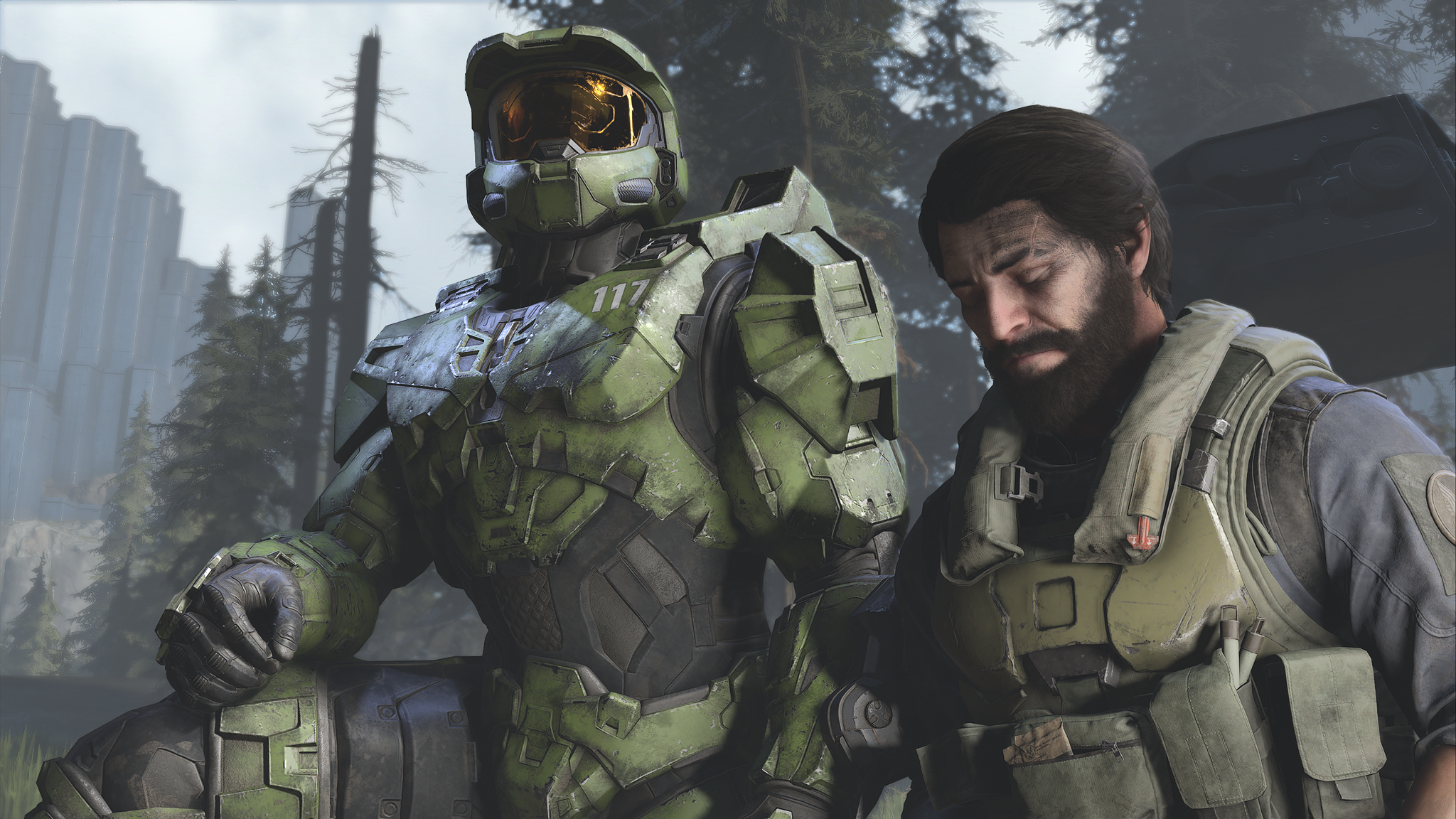
Coker notes that having this kind of time with a game is unusual, especially on bigger titles. However, a composer spending time hands-on throughout a game's development helps them understand the atmosphere better, though it does have drawbacks, as larger games often change throughout development. Many larger companies even bring in composers towards the end when a game is largely done.
The biggest AAA games have hundreds of developers, with multiple layers of approval for every aspect, and it's no secret that Halo Infinite changed during development. Coker also wasn't the only composer on the project, being joined by Joel Corelitz and Curtis Schweitzer. All three composers then worked under the guidance of 343 Industries music supervisor Joel Yarger who helped to funnel the feedback from the rest of the studio. Beyond that, he was joining an established IP.
"I'm stepping into a musical language that someone else has created — Marty O'Donnell, Michael Salvatori, Kazuma Jinnouchi, all the past Halo composers — I'm stepping into someone else's world," he says.
Part of that process was making sure the composers understood what came before, with Coker even joking to Corelitz that the pair had to go to "Halo Music School." According to Coker, what struck them was just how measured and restrained Halo's music was in most circumstances. They reckoned that this spoke to Master Chief's experience as a soldier, someone who has seen it all and doesn't flinch, which was important to subtly convey to players. As a result, both composers kept the beat steady for any combat music because they "felt like no matter the situation, Master Chief's heart rate would never change."
Halo Infinite does continue the story of past titles, but it's also something of a soft reboot for the franchise as a whole. That's something conveyed with the music.
"Halo Infinite's soundtrack — it's quite heavily referencing the old material and that is by design," Coker explains. "One of the things we wanted to do with Halo Infinite is give players the feeling of 'Welcome back. This is the Halo you know and love and have been playing for 20 years.'"
While Coker can't confirm anything, speculation is that there'll be a story expansion for Halo Infinite at some point (Microsoft notably filed a trademark for The Endless, horrific foes that are hinted about in Halo Infinite's ending). Coker did recommend paying attention to the music at the end, in particular three tracks: Silent Auditorium, Endless, and Judgement.
"I think we did that with the music, but I think moving forward it's going to be interesting, what they do with the music, because now that we've done the 'Welcome back' period and with how Halo Infinite ends, we have a launchpad to potentially do some new and interesting things while never moving away from the DNA that makes Halo's music what it is," he adds.
Becoming a key part of the development process
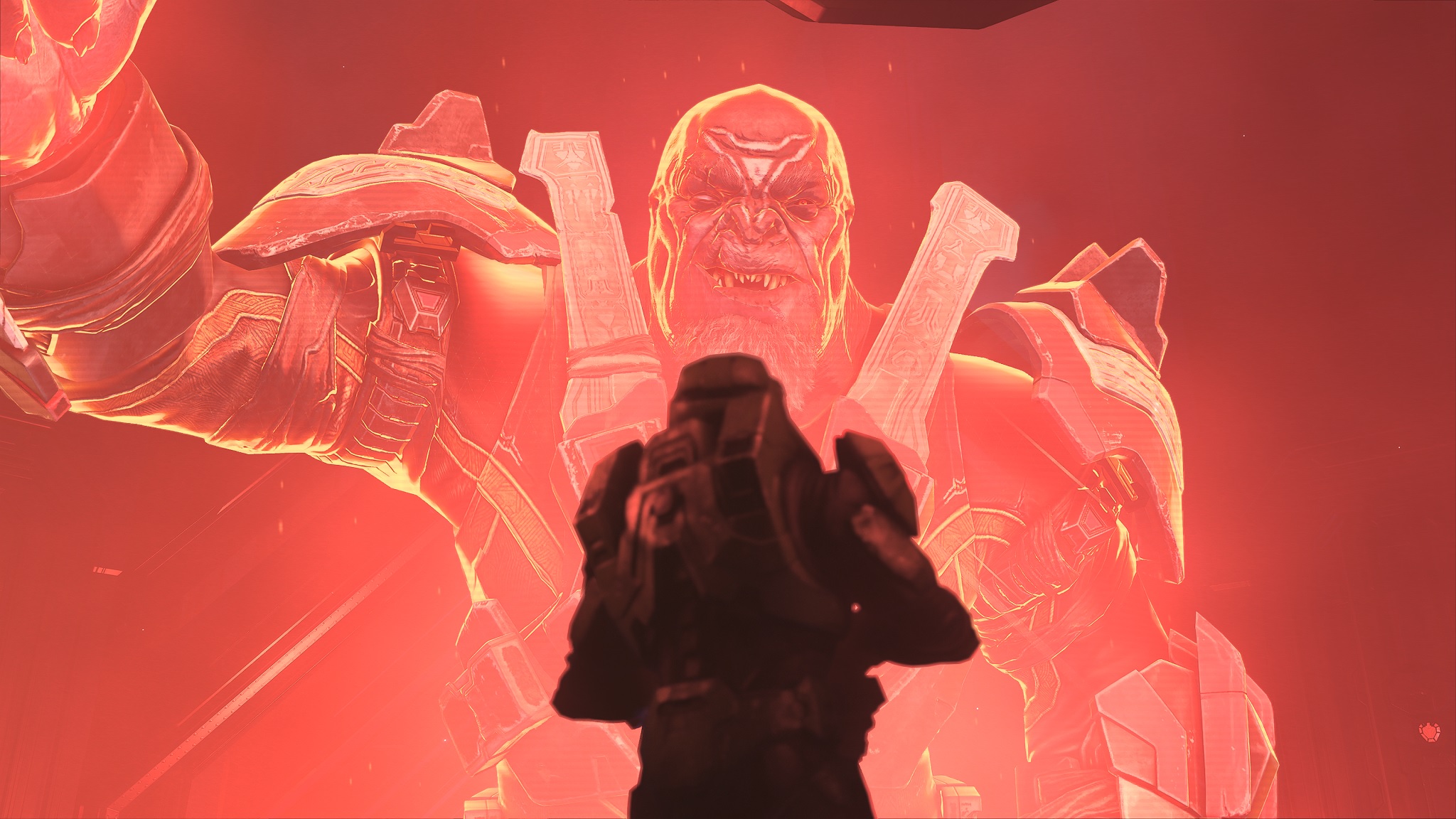
Even with Halo Infinite and Ori having different kinds of processes, Coker still got to be far more involved than many composers are with bigger games. He says he was on Halo Infinite for two and a half years, and that the team had a lot of freedom. For instance, they never had to worry about treading over dialogue since 343 Industries developed a real-time mixing engine for audio so players always heard what they were supposed to. Not being held back means the composers got a "chance to flex" across the game's cutscenes, sharing notes, melody fragments, and snippets with each other, all while still providing their own unique fingerprint for the game.
"The longer you live with a game, the better decisions you can make for the game's music," he says. When I asked if he understood Master Chief as a character more now than before working on Halo Infinite, he immediately responds with "Absolutely."
Having this kind of time may not be guaranteed, but it's something Coker is pushing for on any projects he takes in the future. Game development is tenuous at the best of times, but composers are game developers, and having them involved in the process instead of siloed away is something Coker is extraordinarily passionate about.
He notes that the music for Horizon Zero Dawn and Horizon Forbidden West, two story-focused games, was done with composer Joris de Man working in-house, and the same can be said of Marcin Przybyłowicz on The Witcher 3: Wild Hunt. Even if Coker didn't work in-house on Ori, he might as well have been. This, more than anything, is something he identifies as key to finding a truly unique soundtrack. I'm inclined to agree, given that I listen to tracks from all of these games on a regular basis.
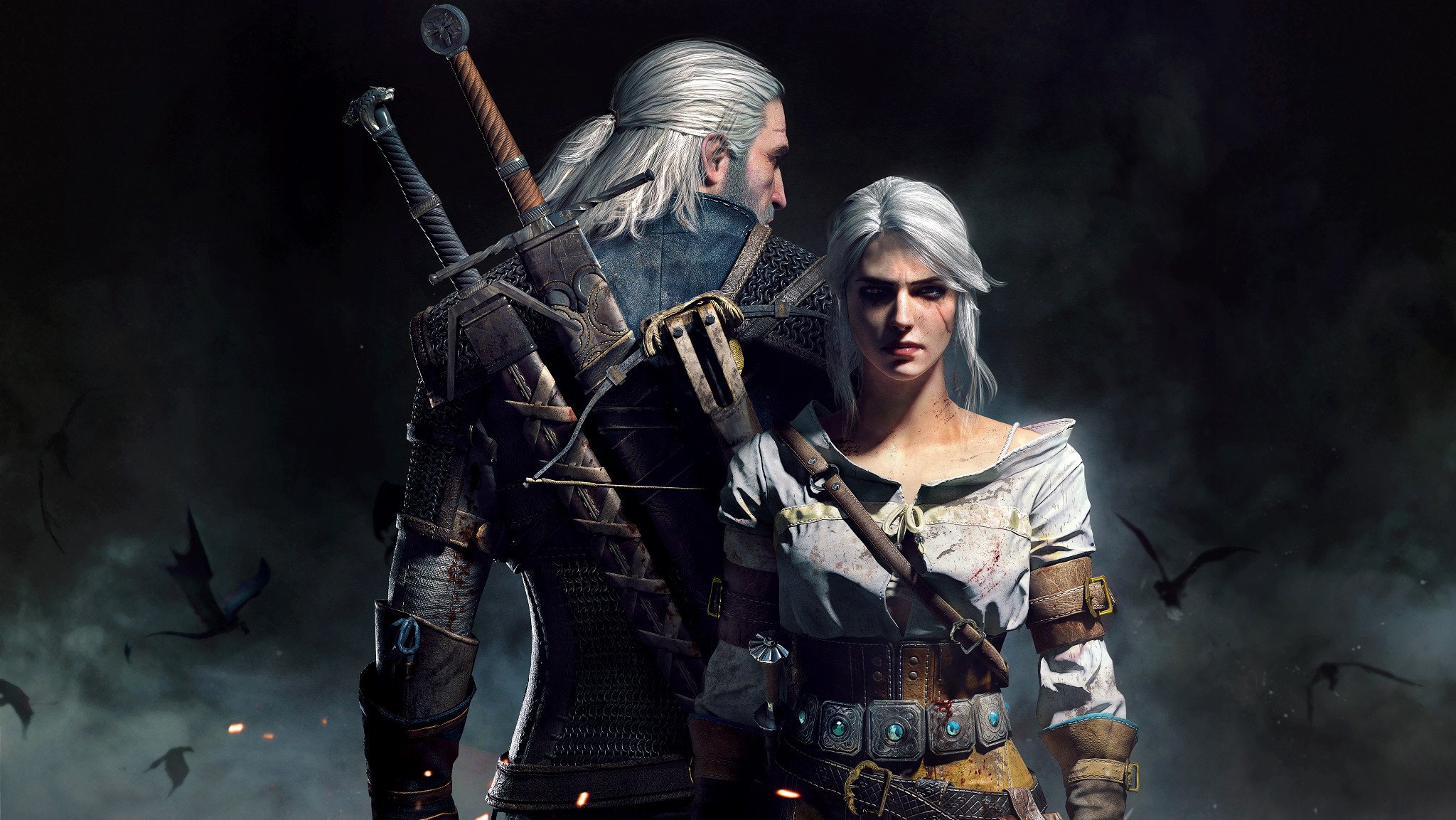
It's the same with smaller, tighter games and films as well. He, for example, praises Hans Zimmer's "instantly identifiable" work on Dune, which the composer was involved in quite early in production.
The takeaway is clear: If you're a game development studio working on a game with a heavy narrative focus, you have an increased chance of success the earlier the composer is involved. There are exceptions to be noted, such as mechanics-focused titles like fighting games or racing games, but by and large it's a net benefit.
"With games becoming the size that they are, you're going to be hearing music a lot. You can't really afford to have the composer come in at the end," Coker states. "It's like 'Alright, we need six hours of music and you've got a year and a half to do it.' Well, good luck. Because you haven't grown with the game, the story is there, so you're just kind of reacting instead of inspiring."
For Coker, if he starts off early on a project, he gets to be inspired by the concept art, which in turn allows artists to be inspired by his music. "It's like there's this constant circle of inspiration and we're all building the world together."
It's OK to feel something
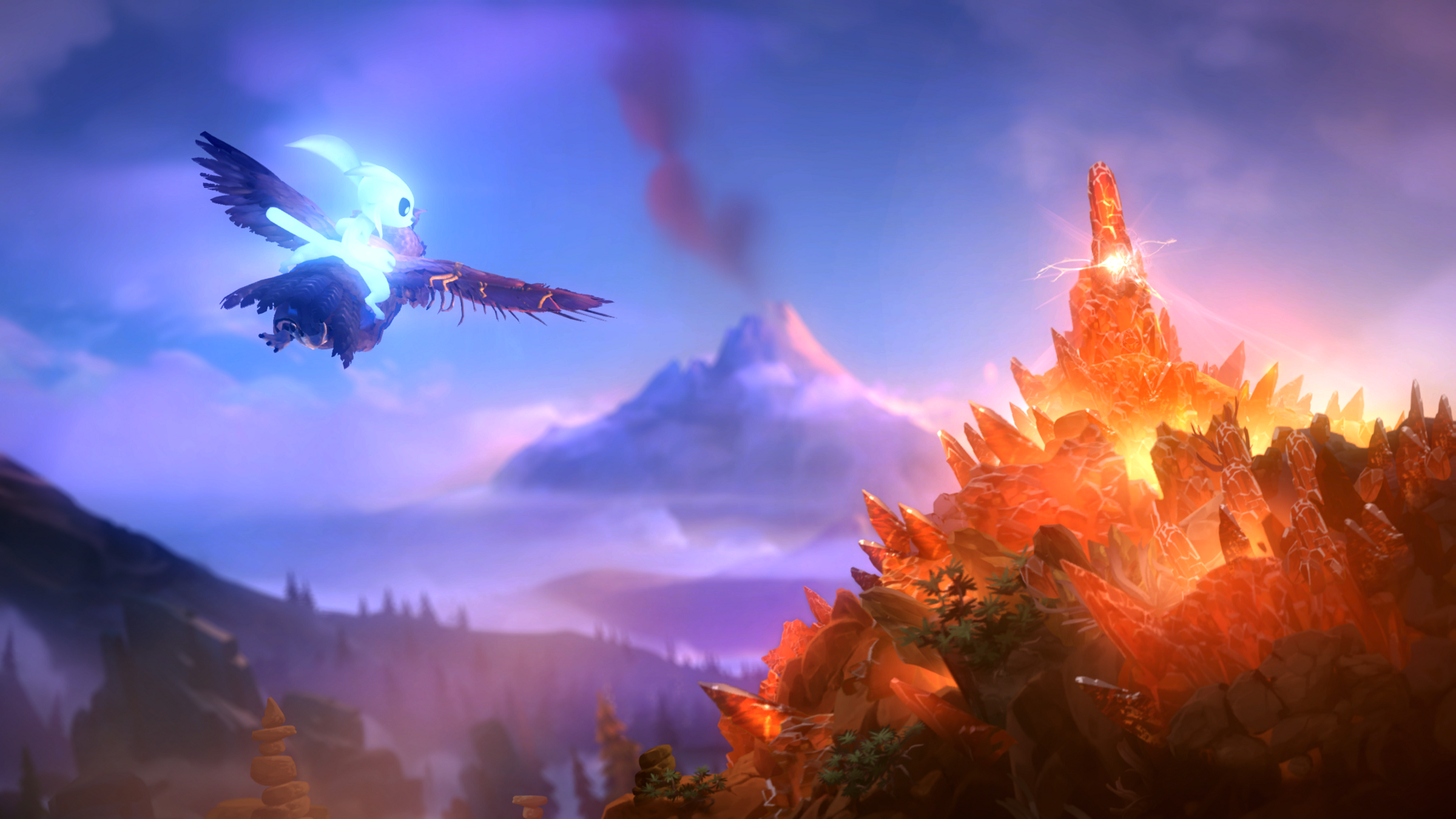
I asked Coker if he ever finds himself re-writing music in his head when he's watching or playing something. He admits that he probably did when he was younger, but now, years later with experience under his belt, it's always important to remember that a composer and a studio came to a particular decision for a reason.
"It's another thing when it's poorly-implemented music," he quickly adds with a laugh. "One of my pet peeves about open-world games especially is you've got all this gameplay, all these quests, and it's all just one big-ass game. I play it for a hundred hours, and what can I remember?" What moments from within that hundred hours am I actually going to remember?"
Instead of focusing on the length of a game, he reckons, we should focus on particular moments. Moments in a story where the music swells, where the choir hits a particular note, or when we reach the crescendo.
If you ask the top composers for film, they'd also consider themselves filmmakers. I think the best composers for film and games, they have an understanding of all the other aspects that go into making a film, or making a game.
Gareth Coker
"There's this whole trend... where 'you shouldn't tell the player what to feel.' Actually no, you should sometimes. It's OK to do that," he says. One of his favorite moments in cinema is in E.T. the Extra-Terrestrial, where the young boy and the alien fly up in the air. These moments "open a pathway between the screen and your brain," telling you that it's OK to feel something in the moment.
"That's exactly what I wanted to do with Ori's ending," he says. "Is this sad to you, is it happy to you or is nostalgic to you? Your brain is going to decide for you, based on the context of your own life, how you're going to feel. Whether you liked or disliked it doesn't matter."
With a chuckle, Coker notes that he believes he succeeded in his goal since the ending of Will of the Wisps is one of the most listened-to tracks of his on Spotify.
"We made people feel something. There are some people who don't like the ending and I'm like 'No, you don't like how the ending made you feel.'"
Bringing it all back around
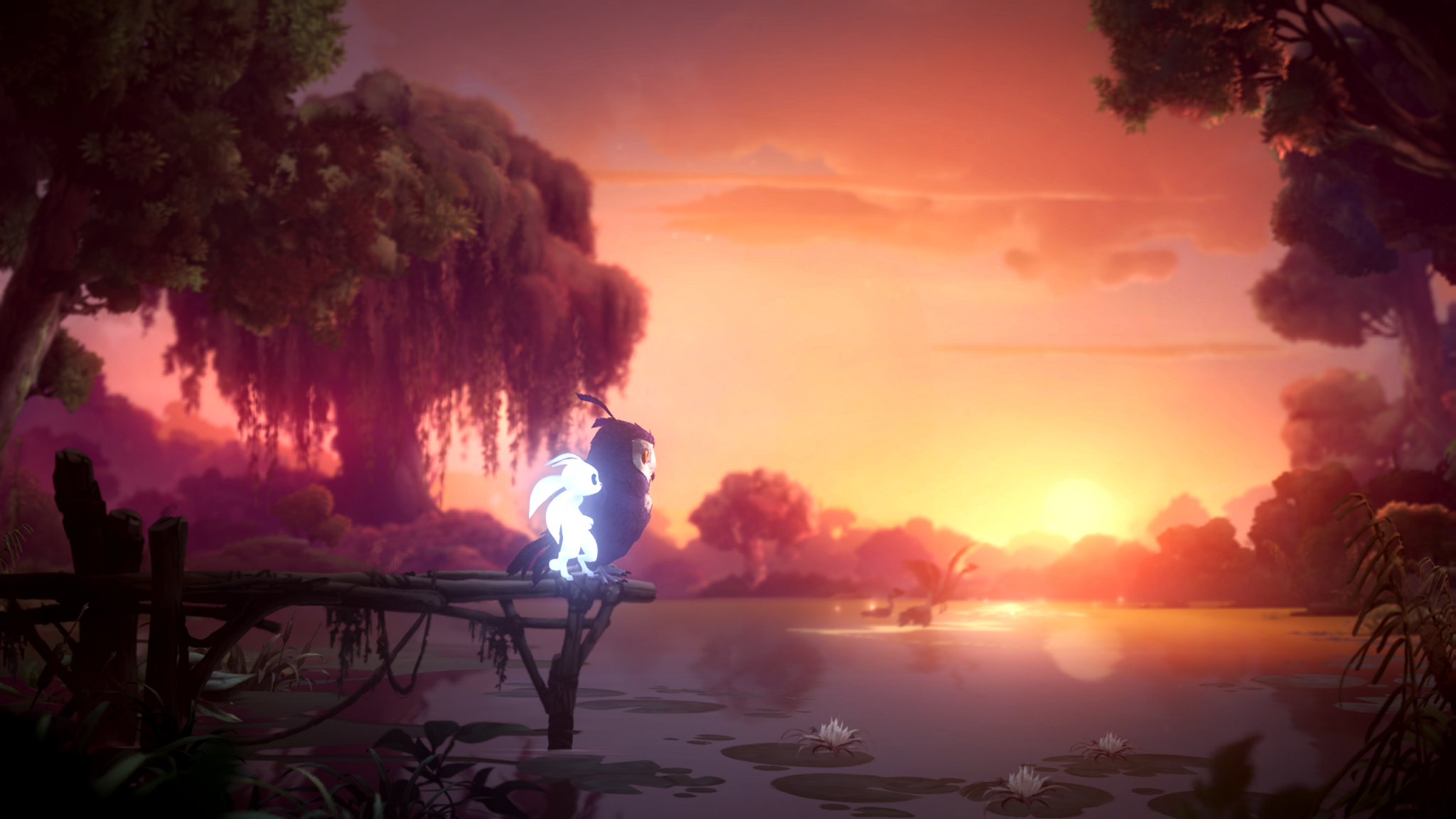
When I asked Coker if he has any favorite tracks from across his work, a couple of highlights spring to mind. He loves Light of Nibel, which is played in the end of Will of the Wisps, succinctly saying "That piece of music represents what Ori is in three and a half minutes."
Outside of that theme, there are two very different pieces that stand out for him. Shadows of Mouldwood, which plays before you meet Mora the Spider, is the closest Coker has come to horror in his body of work across the Ori games. Meanwhile, Luma Pools is a refreshing and bright piece that accompanies a large underwater section of the game.
To close out our conversation, I asked Coker what genre he's interested in tackling that he hasn't yet. There's a couple of possibilities, though one reigns supreme. Coker is interested in composing something for a narrative-based horror game like Alien Isolation — which he believes to be one of the best horror games ever made — though he notes that it'll be a long time before Jason Graves' work on the soundtrack for the original Dead Space will be surpassed.
Coker says that while he's loved working on Halo, he is primarily a "world creator," someone who usually wants to be involved with a game from the beginning. He adds that "Maybe one day Microsoft will make an Ori 3 and I won't want to work on it, because I've written nine hours of music already. Maybe I'd come back, but if I didn't, it'd be cool to see what someone else does with it."
His number one goal though? An original science-fiction game, with no pre-existing ties. "I feel like I have something to say in science-fiction that hasn't been covered yet," he says with knowing smile. "I'd like to be able to do something like I did with Ori in the science-fiction realm."
This interview has been lightly edited for clarity.

Samuel Tolbert is a freelance writer covering gaming news, previews, reviews, interviews and different aspects of the gaming industry, specifically focusing on Xbox and PC gaming on Windows Central. You can find him on Twitter @SamuelTolbert.
